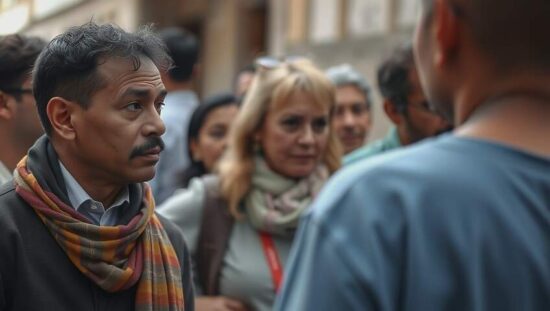The former French President Nicolas Sarkozy commenced a five-year prison sentence on Tuesday, marking a stark fall from power and igniting a fresh wave of political debate within France. Accompanied by his wife, Carla Bruni-Sarkozy, Sarkozy was escorted under heavy police security to the La Santé prison in Paris, a poignant scene for supporters who gathered to offer expressions of solidarity.
The conviction stems from a complex legal battle known as the “Libya affair” where a Paris court found Sarkozy guilty of organizing a criminal scheme to influence a 2013 investigation into his alleged receipt of illicit funds from Moammar Gadhafi’s regime. The court’s decision to enforce the sentence immediately, bypassing Sarkozy’s pending appeal, has drawn criticism, with legal experts questioning the precedent it sets for high-profile political figures.
Sarkozy, maintaining his innocence throughout the protracted legal proceedings, vehemently protested his incarceration. In a final statement posted on X (formerly Twitter) prior to entering the prison, he asserted that an “innocent man” was being imprisoned, vowing that “the truth will prevail”. This declaration underscores the deep-seated resentment and the narrative of injustice that his supporters continue to champion.
The immediate placement of Sarkozy in the prison’s isolation wing, characterized by single cells and restricted movement for security reasons, highlights the perceived severity of the case and the potential for disruption within the prison system. The controversial verdict and the rapid enforcement of the sentence are certain to intensify scrutiny of the French justice system and its handling of politically sensitive cases, raising fundamental questions about the accountability of former leaders and the perception of fairness in legal proceedings. The incident is likely to fuel further polarization within French society and will undoubtedly remain a subject of heated political commentary for the foreseeable future.





